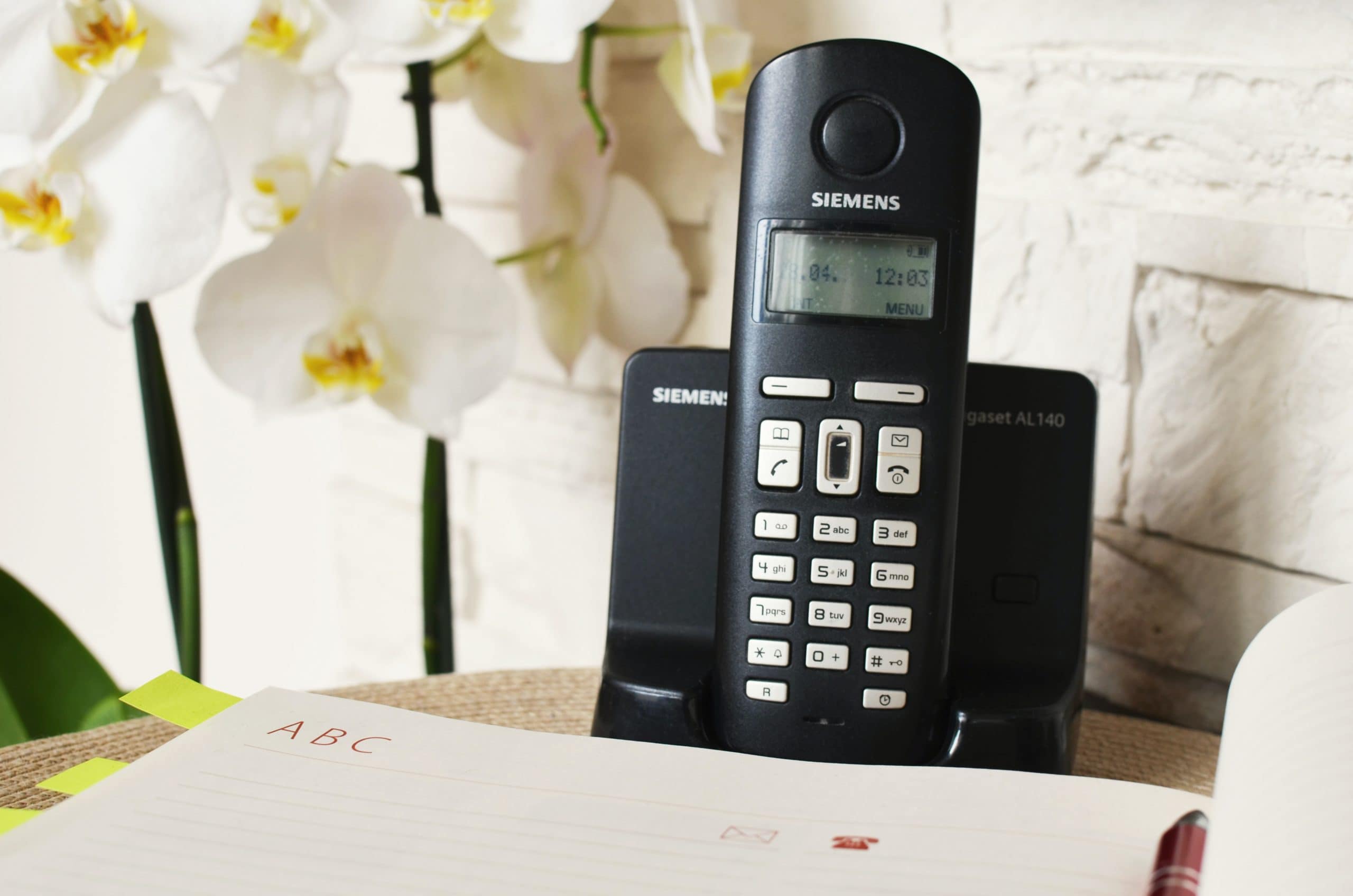The Federal Trade Commission (“FTC”) recently announced the settlement of a lawsuit with the Career Education Corporation (“CEC”). The operator of post-secondary education institutions was accused of federal Do-Not-Call List (“DNC list”) violations and related telemarketing, lead generation, and advertising wrongdoing. The underlying allegations, and the settlement and related restitution agreed to, should serve as a cautionary tale to both lead generators and the advertisers that rely on them to market their goods and services.
What were the nature of the DNC list violations allegations?
The FTC’s lawsuit provides intricate details of the lead generation and sales tactics that drew the consumer protection agency’s attention and ire. Specifically, the FTC took issue with the armed services affiliations that the online lead generators often intimated or represented to website visitors. In addition to misleading consumers into believing that they were releasing personal information for the purpose of military recruitment, the websites lacked many basic disclosures required to generate good consent. The FTC described the shortcomings as follows:
numerous [] websites and advertisements have induced consumers to submit their contact and other personal information under the guise of providing consumers with completely unrelated services such as military recruitment, assistance with job searches and applications and government benefits. These websites have not sought consent for CEC or its lead generators to call consumers, nor disclosed that the purpose of any call would be to market post-secondary or vocational education.
The FTC alleged that this wrongdoing was further compounded during the telemarketing calls themselves. There, telemarketing representatives purportedly made representations that CEC’s post-secondary institutions were “military friendly” or that “the military supports earning a degree while serving in the military.” Further, the FTC alleged that these representatives were incentivized with compensation to use high-pressured sales tactics to sell the education services for which the call recipients never expressed interest.
Finally, the FTC alleged violation of the Telemarketing Sales Rule through repeated failure to obtain an express written agreement to contact a consumer on behalf of a specific seller. In particular, calls were placed on behalf of CEC but nowhere within the website disclosures were consumers advised that they could be called on behalf of CEC. Moreover, most of the call recipients had previously registered to have their telephone numbers placed on the National Do-Not-Call List and did not explicitly agree to be contacted notwithstanding such registration. Consequently, the FTC sought to hold CEC responsible for its lead generators’ marketing practices. As a result, CEC has agreed to pay a $30 million settlement which, when distributed, will result in the largest per-consumer average restitution payment in the Agency’s history.
Lessons Learned From this DNC List Violation Settlement
Lead generators should heed the lessons contained in this FTC crackdown. It would be a mistaken belief to operate as if a consumer’s consent to be contacted for one purpose is a license to contact that consumer for any purpose. Neither the FTC, nor federal courts of law, interpret telemarketing regulations in such a way. Moreover, this case is a stark reminder of the necessity to provide consumers with adequate disclosures relative to whom they are providing consent to be contacted by. The FTC aggressively pursues unscrupulous marketers, and has shown a propensity for targeting the advertisers who employ such marketers under the theory that the advertisers have either actual or constructive knowledge of the applicable lead generating practices. As a result, it is imperative for both marketers and advertisers alike to engage knowledgeable counsel to ensure that all lead generation practices are fully compliant with applicable state and federal laws prior to the launch of any campaign.
If you are interested in learning more about this topic or need to review your telemarketing practices and procedures, please email us at info@kleinmoynihan.com, or call us at (212) 246-0900.
The material contained herein is provided for information purposes only and is not legal advice, nor is it a substitute for obtaining legal advice from an attorney. Each situation is unique, and you should not act or rely on any information contained herein without seeking the advice of an experienced attorney.
Attorney Advertising
Similar blog posts:
The Telemarketer’s Guide To TCPA Consent
The Telemarketer’s Guide To Do-Not-Call Compliance
Another Court Relies On Facebook To Dismiss TCPA Autodialer Claims




